
Consumers shop at a supermarket in Curitiba, Brazil. Photo: AFP/TTXVN
Brazil's lower house of parliament has passed a law allowing President Lula da Silva's government to take retaliatory measures against US President Trump's reciprocal tariff decision, which would impose a 10% tariff on 10% of Brazilian exports to the US. Previously, on April 1, the Brazilian Senate also passed this law under the name "economic reciprocity law".
Immediately after President Trump announced the 10% tax, the Brazilian government issued a statement saying it was evaluating all possible actions to respond to the US's decision to impose new tariffs.
"The Brazilian government is evaluating all possible actions to ensure reciprocity in bilateral trade, including recourse to the World Trade Organization (WTO), in order to protect legitimate national interests," the statement said. The Brazilian government also expressed its readiness to dialogue with the United States and stressed that the White House's imposition of "reciprocal" tariffs does not reflect the reality of the two countries' trade relations.
Meanwhile, the Brazilian Ministry of Foreign Affairs and the Ministry of Industry and Trade issued a statement affirming that they will seek to protect the interests of manufacturers, businesses and workers before the US government through consultations with the private sector, in line with the tradition of supporting the multilateral trading system.
Brazil also criticized the newly announced tariffs, which, like other tariffs already imposed on the steel, aluminum and auto industries, violate US commitments to the WTO.
The United States is Brazil's second-largest trading partner, with exports reaching $40.3 billion in 2024, accounting for 12% of total merchandise exports of Latin America's largest economy and up 9.4% year-on-year. Brazil has a $253 million trade deficit with the United States.
Brazil’s main export to the US is oil, worth $5.8 billion in 2024. The US, Brazil’s top coffee importer, with a value of $1.9 billion in 2024, could even benefit, as Brazil’s 10% tariff is more favorable than its trade rival Vietnam’s 46% tariff. Cellulose and wood pulp ($1.5 billion) and Embraer-made aircraft ($1.4 billion) are also important Brazilian exports to the US.
Hours before the measures were announced, Brazilian Foreign Minister Mauro Vieira spoke by phone with U.S. Trade Representative Jamieson Greer. The Brazilian government has been in technical talks with Washington for weeks to try to avoid or limit the imposition of new tariffs that could damage the economy.
Last week, Brazilian Economy and Finance Minister Mauricio Carvalho Lyrio led a delegation to Washington to meet with US trade representatives.
The Brazilian government has yet to retaliate against the steel tariffs, and while it has not ruled out reciprocal measures, so far Brazil has only said it is considering filing a complaint against Washington's measures with the World Trade Organization (WTO).
Source: https://baotintuc.vn/the-gioi/quoc-hoi-brazil-thong-qua-luat-cho-phep-dap-tra-muc-thue-quan-cua-my-20250403074447952.htm


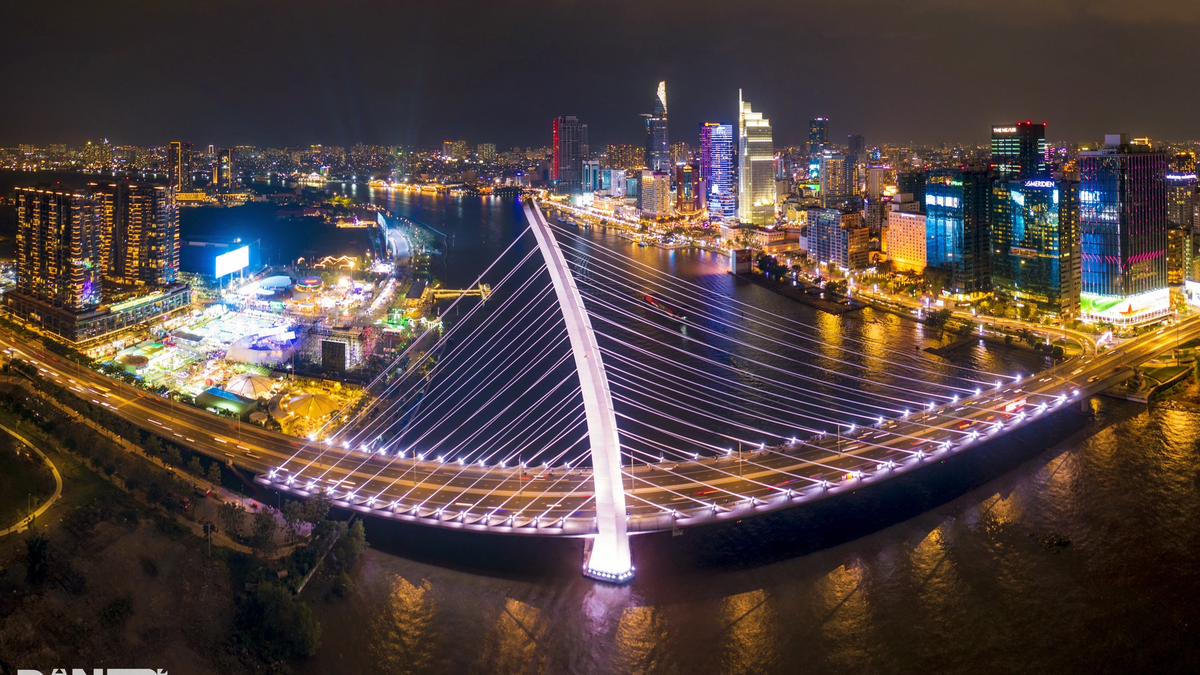
![[Photo] General Secretary attends special art program "Spring of Unification"](https://vphoto.vietnam.vn/thumb/1200x675/vietnam/resource/IMAGE/2025/4/29/e90c8902ae5c4958b79e26b20700a980)
![[Photo] Demonstration aircraft and helicopters flying the Party flag and the national flag took off from Bien Hoa airport](https://vphoto.vietnam.vn/thumb/1200x675/vietnam/resource/IMAGE/2025/4/30/b3b28c18f9a7424f9e2b87b0ad581d05)
![[Photo] Ho Chi Minh City residents "stay up all night" waiting for the April 30th celebration](https://vphoto.vietnam.vn/thumb/1200x675/vietnam/resource/IMAGE/2025/4/30/560e44ae9dad47669cbc4415766deccf)
![[Photo] Ho Chi Minh City: People are willing to stay up all night to watch the parade](https://vphoto.vietnam.vn/thumb/1200x675/vietnam/resource/IMAGE/2025/4/29/cf71fdfd4d814022ac35377a7f34dfd1)
![[Photo] Hanoi is brightly decorated to celebrate the 50th anniversary of National Reunification Day](https://vphoto.vietnam.vn/thumb/1200x675/vietnam/resource/IMAGE/2025/4/29/ad75eff9e4e14ac2af4e6636843a6b53)
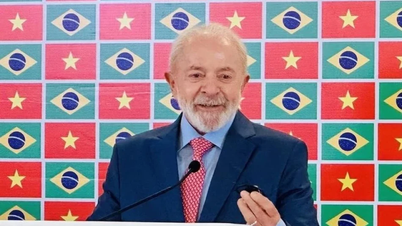

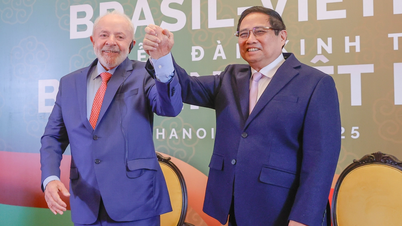



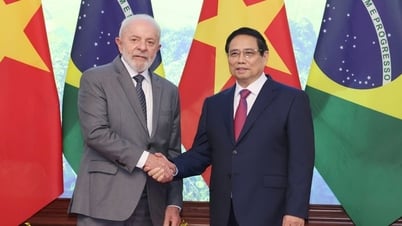
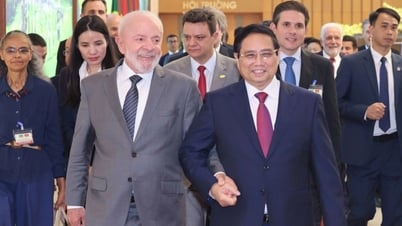



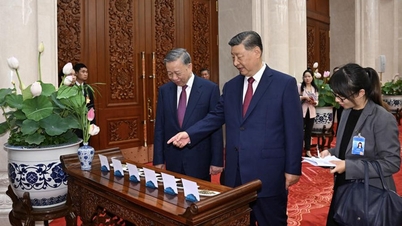

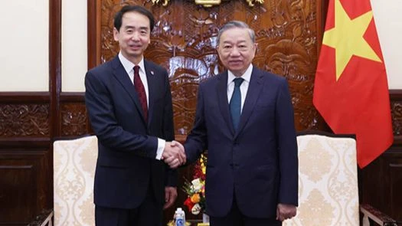
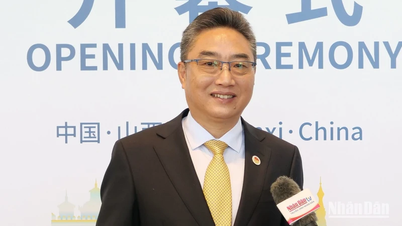

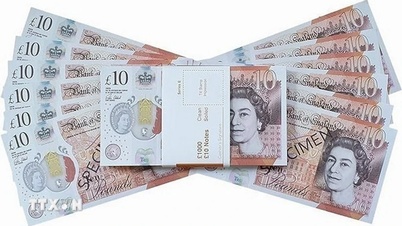







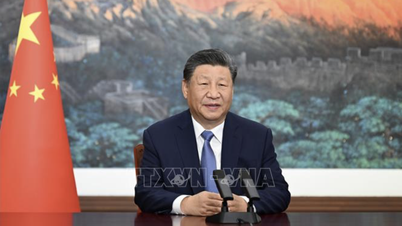


![[Photo] Prime Minister Pham Minh Chinh meets to prepare for negotiations with the United States](https://vphoto.vietnam.vn/thumb/1200x675/vietnam/resource/IMAGE/2025/4/29/76e3106b9a114f37a2905bc41df55f48)
![[Photo] Nghe An: Bustling atmosphere celebrating the 50th anniversary of Southern Liberation and National Reunification Day](https://vphoto.vietnam.vn/thumb/1200x675/vietnam/resource/IMAGE/2025/4/29/64f2981da7bb4b0eb1940aa64034e6a7)










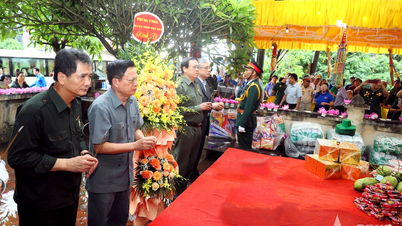














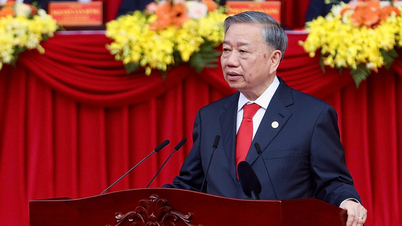


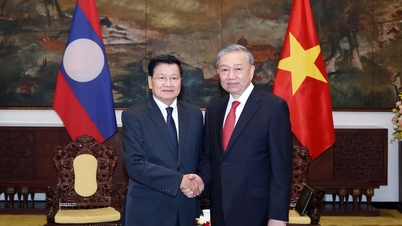

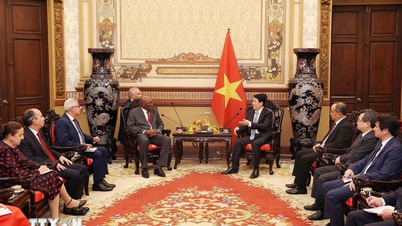






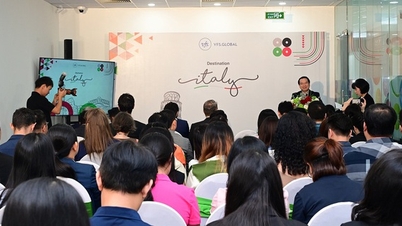

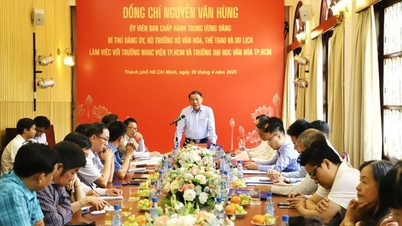




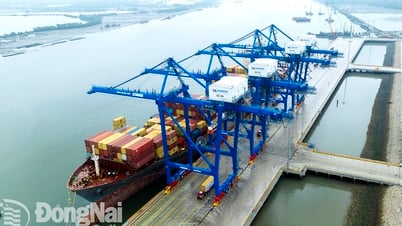


















Comment (0)